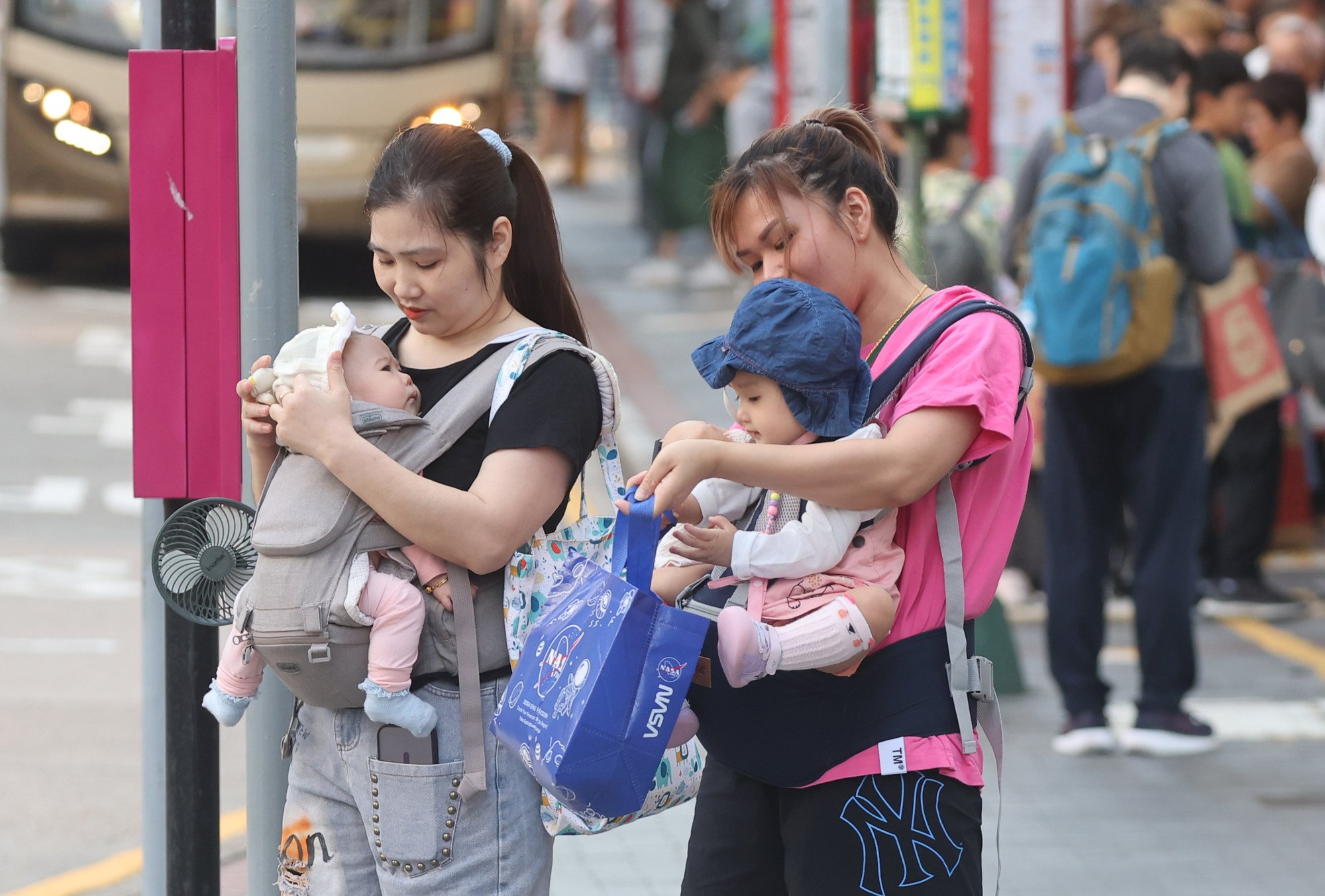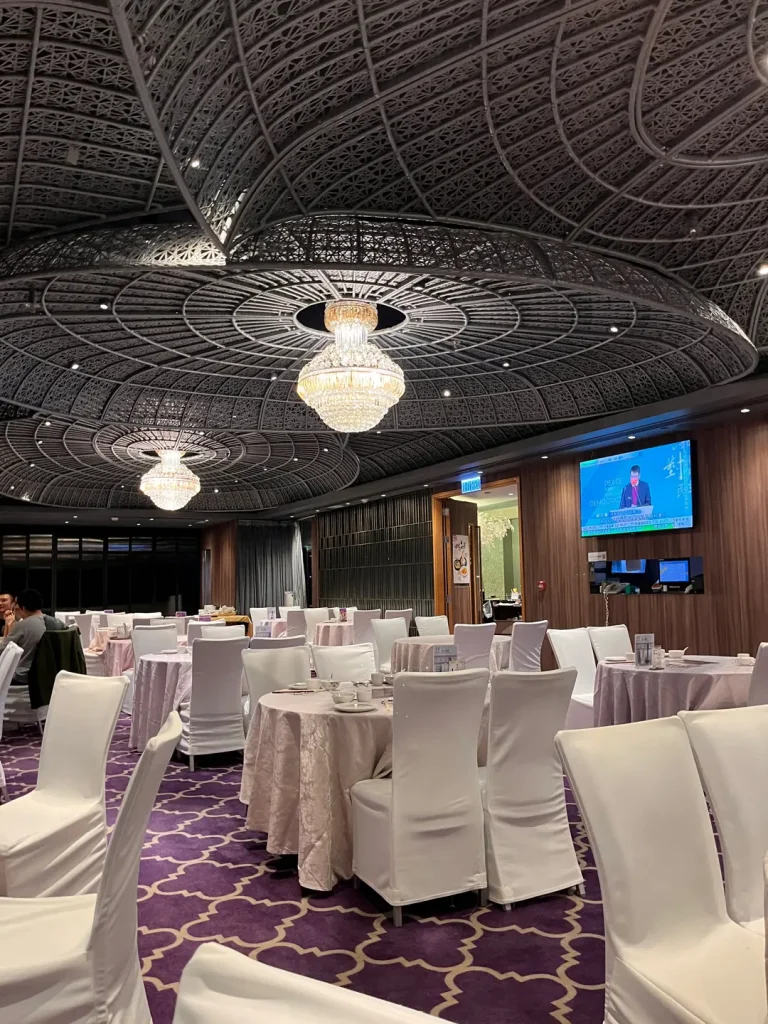Hong Kong’s Upcoming Policy Address Signals Significant Support for New Parents
The Hong Kong government is preparing to unveil a promising financial initiative for families with newborns, potentially transforming how parents navigate the economic challenges of early childcare. Sources indicate that the upcoming Policy Address will introduce an expanded tax allowance designed to provide substantial relief during the critical first two years of a child’s life.

Currently, parents receive a basic child allowance of HK$130,000 per child, with an additional one-time allowance of HK$130,000 in the tax year of the child’s birth. This brings the total first-year allowance to HK$260,000. The proposed policy extension would maintain this generous first-year support and crucially extend the additional HK$130,000 allowance to the second year of the child’s life.

DAB lawmaker Nixie Lam Lam has been vocal about both the policy’s potential benefits and its existing limitations. While welcoming the financial relief, she highlighted a significant structural issue in the current system: only one parent in a married couple can claim the total child allowance. This typically means the higher-earning spouse makes the claim, which can create domestic tensions and potentially disadvantage working mothers.
Lam argues that the tax allowance, while helpful, represents just one piece of a much larger puzzle. She emphasizes that Hong Kong needs a comprehensive approach to family support that goes beyond monetary incentives. The city requires a holistic population policy that coordinates efforts across government departments to create a genuinely child-friendly environment.
The proposed policy extension could have far-reaching implications for family financial planning. By providing an additional HK$260,000 in tax relief over two years, the government aims to alleviate some of the economic pressures associated with raising a young child. This extra financial breathing room could enable parents to invest in critical areas like childcare, education, and health insurance.
However, financial experts and policymakers like Lam stress that monetary support alone cannot solve the broader challenges facing families in Hong Kong. The city needs a more integrated approach that addresses multiple aspects of family life, including workplace policies, childcare infrastructure, and social support systems.
The timing of this policy is particularly significant. Hong Kong, like many developed economies, has been grappling with low birth rates and the economic challenges of raising children in an expensive urban environment. By introducing more supportive financial measures, the government hopes to create a more attractive environment for young families.
For parents and prospective parents, understanding these policy nuances is crucial. The extended tax allowance represents more than just a financial benefit—it signals a potential shift in how the government views and supports family development. While the policy is not a comprehensive solution to all family-related challenges, it demonstrates a willingness to provide meaningful support during the most financially demanding early years of parenthood.
As the Policy Address approaches, families across Hong Kong are watching closely. The proposed tax allowance extension could be a meaningful step toward creating a more supportive environment for parents, potentially encouraging more couples to consider starting or expanding their families in the city.







